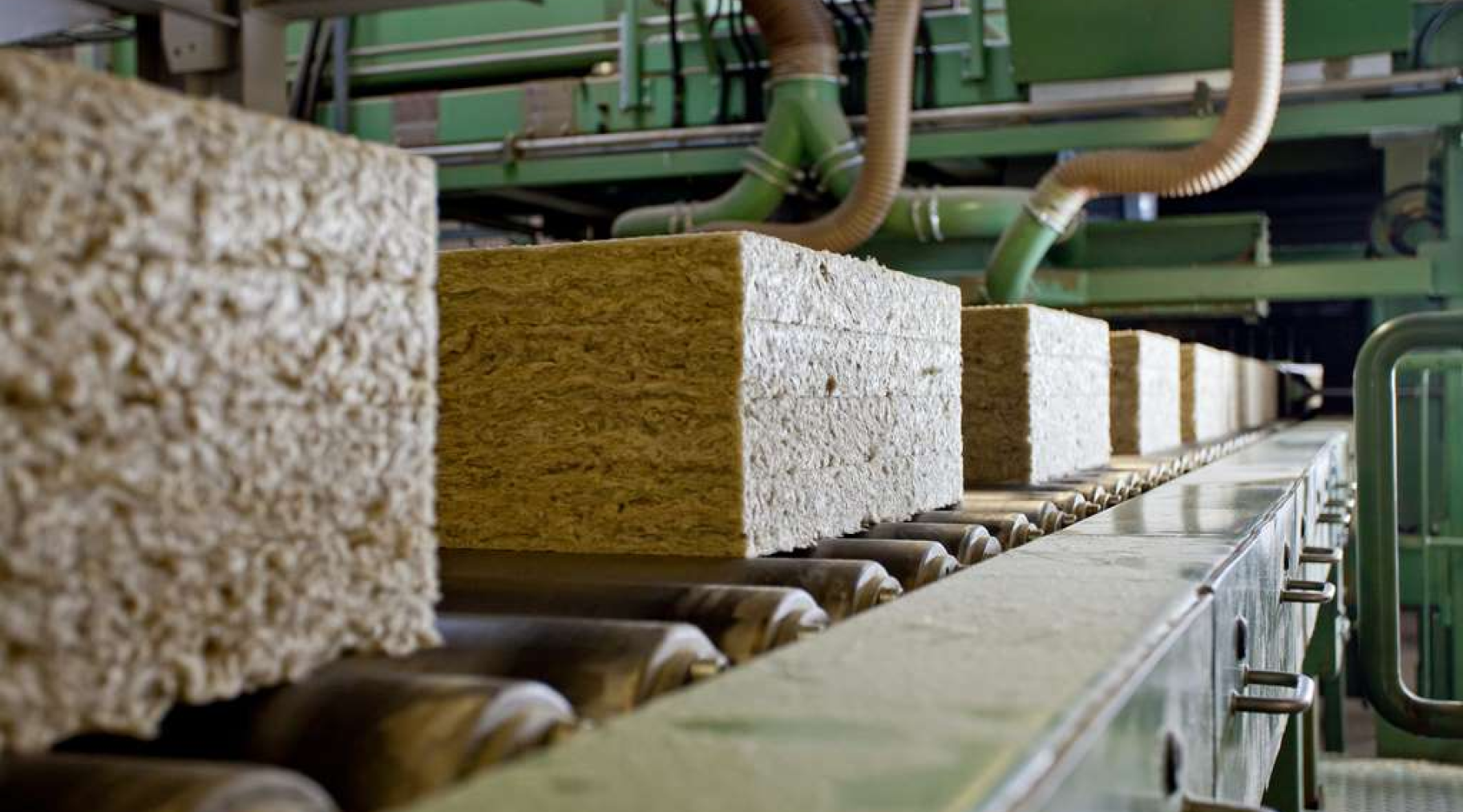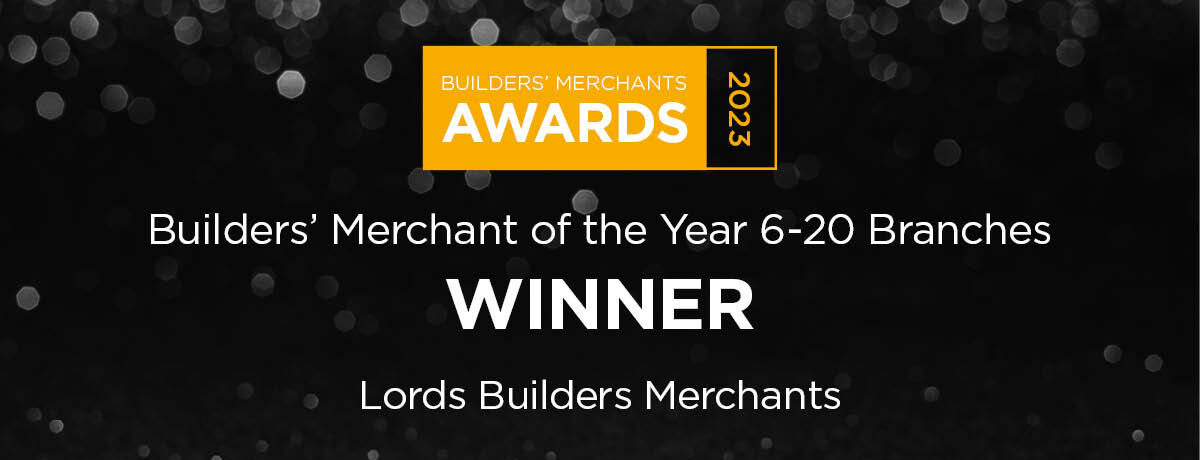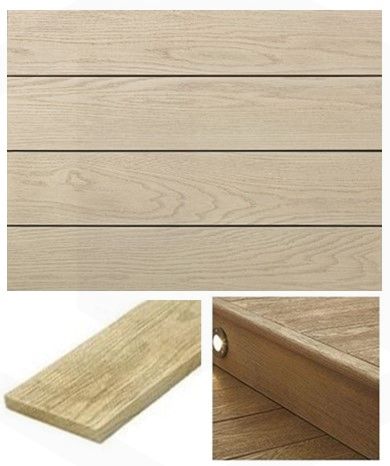Fiberglass Insulation
Fiberglass insulation is a highly effective and widely used thermal insulating material composed of fine glass fibres. These fibres are arranged into a dense mat, creating a barrier that slows the transfer of heat between surfaces. Renowned for its excellent thermal resistance, fiberglass insulation is a popular choice for insulating homes, commercial buildings, and industrial spaces.
Some of the benefits of fiberglass insulation include:
- Cost-Effective: Fiberglass insulation is often more budget-friendly compared to other insulation materials, making it an attractive option for homeowners on a budget.
- Lightweight: Fiberglass is lightweight and easy to handle, simplifying the installation process. This can be particularly advantageous if you plan to install the insulation yourself.
- Resistant to Mold and Mildew: Fiberglass is naturally resistant to mould and mildew, helping to maintain indoor air quality and preventing potential health issues.
- Fire-Resistant: Fiberglass has fire-resistant properties, providing an added layer of safety for your home.
Here are a few things to consider before committing to fiberglass insulation:
- Susceptible to Settling: Over time, fiberglass insulation may settle, reducing its effectiveness. Proper installation techniques are crucial to minimize settling.
- Can Irritate Skin and Lungs: During installation, fiberglass particles can cause skin irritation and respiratory discomfort. Wearing protective gear during installation is recommended.
Mineral Wool Insulation
Mineral wool insulation is a highly effective and versatile insulating material made from natural or synthetic minerals, such as basalt, diabase, or slag. Through a process of melting and spinning, these minerals are transformed into fine fibres that are then formed into mats or blankets. Renowned for its exceptional thermal performance, mineral wool insulation effectively reduces heat transfer, providing an efficient solution for maintaining comfortable temperatures in buildings.
Mineral wool insulation has several benefits including:
- Excellent Thermal Performance: Mineral wool has superior thermal performance, providing effective insulation against heat and cold. It can contribute to energy savings and increased comfort.
- Fire-Resistant: Similar to fiberglass, mineral wool is naturally fire-resistant, making it a safe choice for residential and commercial applications.
- Soundproofing Properties: Mineral wool has excellent sound-absorbing properties, making it an ideal choice for areas where noise control is a concern.
- Moisture Resistant: Mineral wool is hydrophobic, meaning it repels water and is resistant to moisture, preventing mould growth and maintaining insulation efficiency.
A couple of drawbacks for choosing mineral insulation are:
- Higher Cost: Mineral wool insulation is often more expensive than fiberglass, which can impact the overall cost of your insulation project.
- Heavier and Denser: The density and weight of mineral wool can make it more challenging to handle during installation, requiring additional care and support.
Conclusion
Choosing between fiberglass and mineral wool insulation ultimately depends on your specific needs, budget, and priorities. Fiberglass is a cost-effective and lightweight option, suitable for those on a budget, while mineral wool offers superior thermal and soundproofing performance, making it an excellent choice for those willing to invest in long-term energy efficiency and comfort.
Before deciding, consider contacting our professional team here or on 02038923899. Whether you choose fiberglass insulation or mineral wool insulation, proper installation is key to maximizing the benefits of insulation and creating a more energy-efficient and comfortable living environment.
















